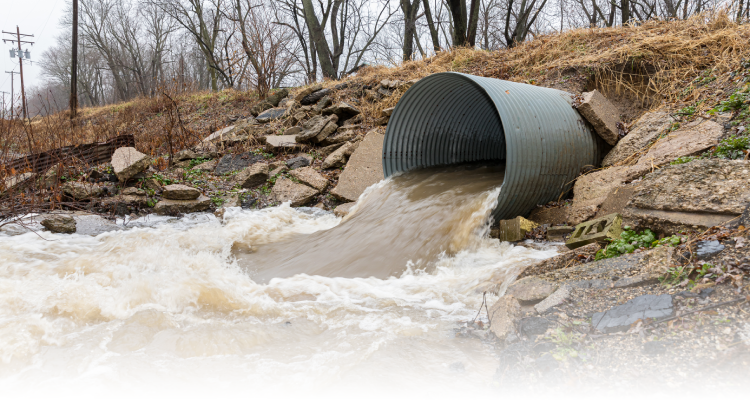
Thanks for reaching out!
Here’s some more information about Stormwater Testing
1. What is stormwater runoff testing?
Stormwater runoff testing refers to the process of testing water that flows from areas after a rainfall or after the melting of snow and ice. This water is referred to as stormwater runoff and is typically collected in streams, rivers, and other water bodies. The testing process involves analyzing the water for the presence of contaminants such as pollutants, debris, bacteria, and other harmful substances.
2. Why is stormwater runoff testing necessary?
Stormwater runoff can have negative impacts on water quality and the environment. When pollutants such as sediment, oil, and fertilizers are carried into water bodies by stormwater runoff, they can harm aquatic plants and animals. Additionally, contaminated stormwater runoff can pose a health risk to humans if it is used for drinking, swimming, or irrigation.
3. What are the regulations for stormwater runoff testing in Texas?
In Texas, stormwater runoff testing is regulated by the Texas Commission on Environmental Quality (TCEQ). Specifically, the TCEQ requires that certain industrial facilities and construction sites obtain a stormwater permit and conduct stormwater monitoring and sampling to determine compliance with state and federal regulations.
4. Who is required to obtain a stormwater permit in Texas?
Industrial facilities and construction sites that meet certain criteria are required to obtain a stormwater permit in Texas. Criteria for obtaining a permit varies depending on the specific industrial sector and the size of the construction site.
5. What are the sampling requirements for stormwater runoff testing in Texas?
The TCEQ requires that stormwater samples be collected and analyzed at least quarterly. Samples must be collected during a rain event of at least 0.25 inches and analyzed for a variety of pollutants such as pH, total suspended solids, oil and grease, and metals.
6. Can stormwater runoff testing be done by anyone or is a licensed laboratory required?
In Texas, stormwater runoff testing must be conducted by a TCEQ-approved laboratory. Armstrong Forensic Laboratory is an accredited testing laboratory and is approved by the TCEQ for stormwater runoff testing.
7. What types of testing are available for stormwater runoff in Texas?
Armstrong Forensic Laboratory offers a variety of testing options for stormwater runoff in Texas. These include physical testing, chemical testing, and microbiological testing. Each type of testing provides valuable information about the quality of stormwater runoff and whether it meets state and federal regulations.
8. How long does it take to receive results from stormwater runoff testing?
The length of time it takes to receive results from stormwater runoff testing can vary depending on the type of testing and the number of samples being analyzed. Typically, results can be received within two weeks from the date samples are received by the laboratory.
9. What should be done if stormwater runoff testing shows that water quality standards have been exceeded?
If stormwater runoff testing shows that water quality standards have been exceeded, steps should be taken to identify and correct the source of the problem. This may involve implementing best management practices, installing pollution control systems, or making changes to daily operations. Additionally, it is important to continue monitoring stormwater runoff to ensure that water quality standards are being met over time. Armstrong Forensic Laboratory, Inc. is a NELAP accredited laboratory by the Texas Commission on Environmental Quality (TCEQ).
